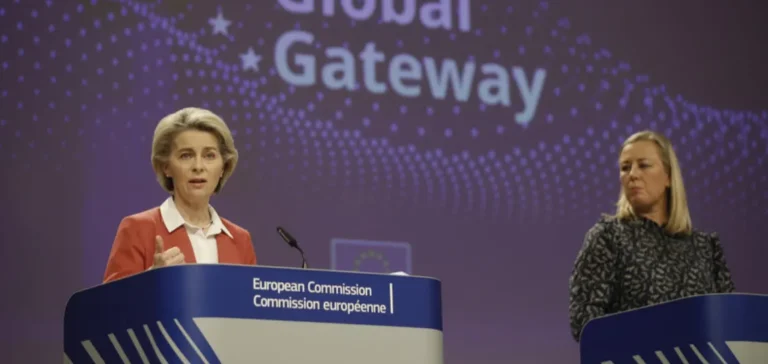Several small European Union member states are expanding their presence in Africa through a series of diplomatic, economic and technological initiatives aimed at securing Global Gateway-linked investments. This European strategy foresees more than €400bn ($436bn) in global investments by 2027, nearly half of which is allocated to Africa, primarily targeting the energy, infrastructure and digital sectors.
Targeted positions in underutilised markets
Finland has opened an embassy in Dakar, designed as a base for its companies operating in hydroelectricity, digital technologies and public services. Estonia is deploying its administrative interoperability solutions (X-Road) and digital identification systems in Namibia, Rwanda and Kenya, exporting a full institutional model. Hungary has established a diplomatic and military presence in Chad, with a pledged support of €200mn ($218mn), focusing on security and migration control. Czechia has committed to military training and light defence industry support in Mauritania.
Access to critical resources and energy corridors
These newly active states are targeting the securing of critical raw materials essential to Europe’s energy transition. The European Union has signed a strategic agreement with South Africa on these resources, aiming for local processing to supply Europe’s battery, wind power and semiconductor sectors. Simultaneously, mini-grid, high-voltage line and rural electrification projects funded by Global Gateway are underway in Côte d’Ivoire, Lesotho and Madagascar, providing an entry point for specialised engineering and sectoral expertise.
Redistribution of European diplomatic influence
This repositioning alters the traditional balance of EU presence in Africa. By focusing outside the sphere of former colonial powers, particularly in the Sahel, these countries are establishing new influence hubs in Nairobi, Windhoek and N’Djamena. Their historical neutrality regarding colonial legacies and their non-interventionist profile enable them to maintain partnerships in politically sensitive environments, where French or German influence is increasingly challenged.
Resource limitations and intra-European coordination
Despite their activism, these small states face resource constraints. Some embassies cover several countries simultaneously with limited staff. Military or technical missions often rely on small teams without sustained deployment capacity. These structural limitations complicate the execution of complex projects in unstable contexts, especially as coordination with other European initiatives remains weak, increasing the risk of redundancy and strategic fragmentation.
Expected impact on European supply chains
Nevertheless, their involvement helps accelerate Global Gateway projects and broaden the European offering against Chinese, Russian or Turkish competition. By reinforcing energy, digital and logistical corridors, these countries contribute to diversifying EU supply sources and reshoring parts of value chains away from Asia. They may also act as technical leaders on specific sectors such as green hydrogen, smart grids or digital governance.
Increased exposure to political and legal risks
This strategy carries inherent risks. Political instability in countries like Senegal or Namibia, currently considered stable, could jeopardise certain partnerships. Compliance with EU and international sanctions regimes remains a constraint for operators active in regions where Russian-linked groups are present. National companies entering through bilateral channels face potential exposure to foreign policy reversals tied to electoral cycles in their home countries.






















